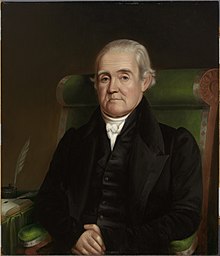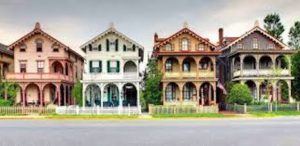What can one person do in a single lifetime?
For the first 50 years of my life, I don’t think I read a single biography or autobiography. But as I stepped hesitatingly into what I optimistically thought of as Part II of my life, I became interested in people that left their marks on the world.
In the last two decades, I’ve read about a dozen biographies and one autobiography, as well as a handful of memoirs. Some were authors (Ernest Hemingway, Ezra Pound, Jack Kerouac, Edna St. Vincent Millay, Jane Austen, and Joan Didion). Some were businessmen (Andrew Carnegie, John D. Rockefeller, and Donald Trump).
I read two biographies of Henry Flagler. I think it was because of how much he accomplished after he retired from building Standard Oil with John D. Rockefeller. He moved to Florida and spent the rest of his life basically building four of Florida’s most important cities. St. Augustine, Palm Beach, Miami, and Key West.
The standard view of aging is that, at 50, the slope of one’s life is downhill. But, of course, it doesn’t have to be. By the time I hit 50, I’d had some success in business, but failed to accomplish anything that I had dreamed about when I was younger. I’ve been busy knocking off some of the items on that list ever since.
I’m not sure why I’m telling you this. Perhaps to explain why, last week, when I had the chance to read a short biography of Noah Webster, I was once again inspired.


